How to label samples
Samples must be labelled correctly for acceptance in the laboratory. Improperly labelled samples will cause delays in processing and may require a recollection.
Learn about guidelines for sample collection.
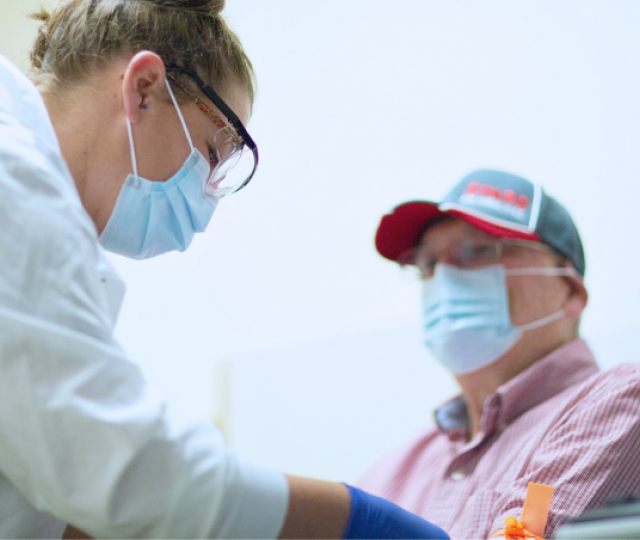
Samples must be labelled correctly for acceptance in the laboratory. Improperly labelled samples will cause delays in processing and may require a recollection.
Guidelines for standard non-blood sample collection
Patient-collected samples
Collection containers are available from your local lab. Learn about sample collection information for samples collected by the patient.
Body fluids/CSF
Body fluid samples require strict collection and transportation criteria to maintain sample quality.
Bone marrow
Bone Marrow requests must follow clinical guidelines determined by an IH Pathologist or Specialist with expertise in Hematology.
Complete the Request for Bone Marrow Aspiration and Biopsy Form. The request form is reviewed by a pathologist to ensure appropriate ancillary tests are ordered before an appointment is booked.
Review the resource for COVID-19 sample collection
Anatomical Pathology
Refer to the Department specific page for information about sample identification, collection and handling.
Microbiology
Refer to the Department specific page for information about sample identification, collection and handling.
Transfusion Medicine
Refer to the Department specific page for more information.
Blood samples must be delivered to the lab as soon as possible after collection and must be processed within two hours of collection. Blood samples that have not been centrifuged are transported at room temperature. Specimens arriving close to the two hour time limit may be rejected.
Samples must be packaged according to the Transport of Dangerous Goods (TDG) legislation by trained personnel holding a valid TDG certificate. The individual shipping the sample is responsible for proper packaging and use of an approved shipping container (TDG certified for Category B specimens) to maintain sample integrity and prevent leaks or contamination during transport; protecting the public and environment from potential exposure to specimens.
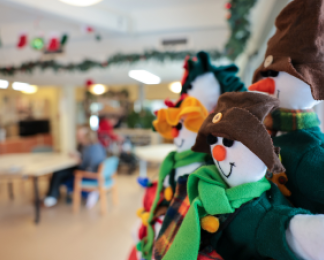

Those with dementia need special consideration during the holidays. Read our tips and advice to make the holidays enjoyable for everyone.
/stories/supporting-loved-one-dementia-during-holidays


Loreen’s ability to keep calm under pressure, paired with her caring nature, have been integral to her success and to the quality of care that she provides.
/stories/we-are-ih-experienced-nurse-always-steps-when-needed
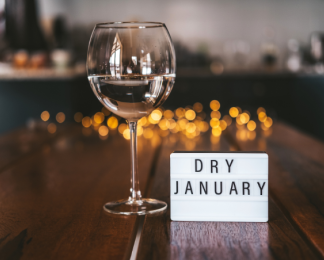
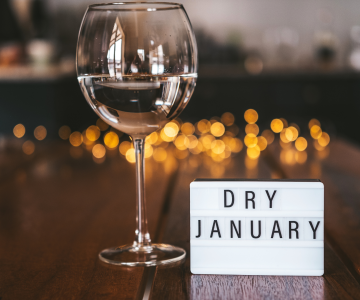
Many people like to do the Dry January challenge, but going dry isn't for everyone. Gain tips on reducing your alcohol consumption in the New Year and beyond..
/stories/thinking-going-dry-january-going-damp-great-option-too
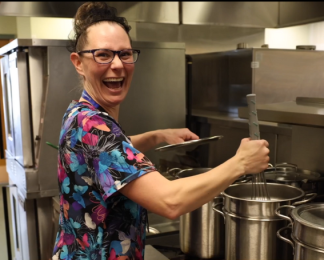
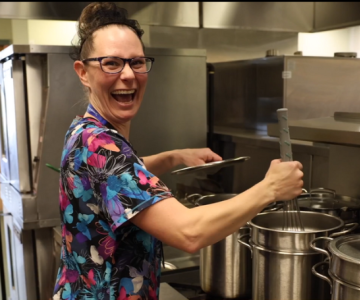
As we come to the close of 2024 we pause to reflect on the year and celebrate our achievements. Watch our short video of this year’s highlights across IH.
/stories/looking-back-and-celebrating-2024
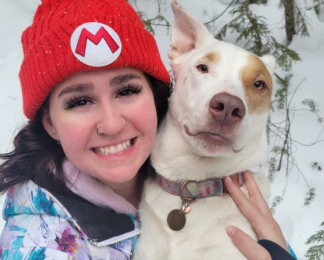
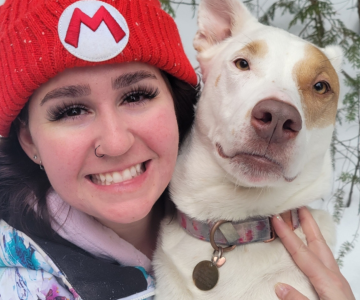
All's well that ends well: For Kelowna health unit aide JQ, this simple phrase is more than advice—it’s a way of life.
/stories/we-are-ih-health-unit-aide-brings-positivity-every-day


The winter and holiday season can bring joy, but can also bring stresses and challenges. Explore these 10 tips for supporting for mental and physical health.
/stories/10-healthy-habits-winter-and-holiday-season
Receive news and alert posts, and Stories@IH blog posts, right to your inbox!
